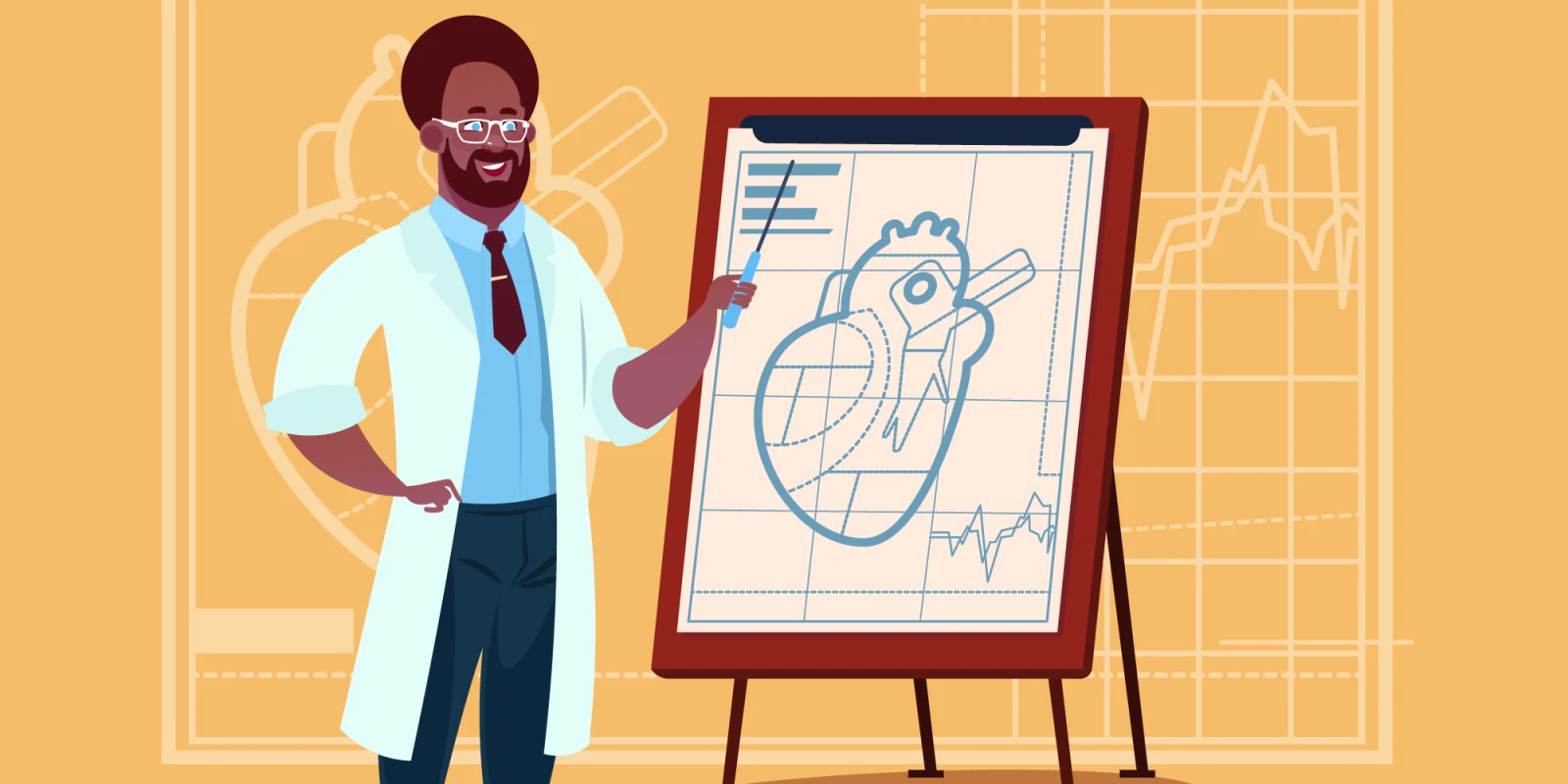
“Tell me and I forget. Teach me and I remember. Involve me and I learn.” – Benjamin Franklin
I entered medicine thinking that I would rid the world of disease by providing care to those in need, but what I have learned is that medicine is so much more than diagnosing and curing disease. As a physician, one of our vital roles is that of the educator.
The majority of the time I spend in an office visit is focused on explaining what is happening to the patient and the next steps to treat the condition. It is not simply making a diagnosis and offering a cure. This is very different from the unrealistc portrayal of physicians on TV. I am not spending all day playing Dr. House. Granted I would be a lot more interesting if I were Dr. House, but I am a lot more valuable as a teacher.
Despite how critical teaching is, it is often executed quite poorly. I believe I am among a large group of physicians that do not properly empower my patients with the information they need. This is not to say that I do not explain the disease process or provide colorful metaphors and analogies. But when it is not explained in a way that is meaningful or memorable to them, it is a failure on my part. After all, the goal of a clinic visit is to address patient concerns and diseases that require further management or treatment as well as to educate the patient. In this first year as an attending, I have already lost count of the number of patients that walk into clinic not understanding their health needs or even why they are taking the medications that have been prescribed.
I do not claim to have a panacea to this epidemic, but I admit that I have spent a lot of time thinking about the plight of patient education. One major reason that I spend so much time on this is because it does a huge disservice to all of us when done incorrectly. Not only are my patients left confused about their health and unable to seek help when needed, leading to many unnecessary emergency visits and hospitalizations, but it also makes me a lot less effective and efficient in clinic. I would estimate that 9 out of 10 times, I have to repeat the same explanation over and over again with my patients. It has me wondering if I am doing something wrong. I have started to doubt my communication skills and my understanding of the disease if I am not able to explain to a patient their illness in a way that makes sense. However, the more I reflect on my patient-doctor interaction, the more I realize it is not just what I am saying but also how I am doing it.
We all know people with different learning styles. There are some of us who are audible, visual, or physical learners, but I have never taken advantage of this with my patients — mainly because I do not utilize all available forms of media. To be honest, it is difficult to think outside of the box when we are not taught to troubleshoot patient education material to begin with. We use pre-populated pamphlets and handouts. There just is not a lot of emphasis on patient education. It is a mere afterthought for many us. So it is no wonder that we are struggle to create effective educational tools.
I think this is a bigger issue that needs to be addressed as early as possible in our training. The educator role is an art and it takes patience and practice. With people living longer and more emphasis on shared patient decision-making, it is important we provide patients with the tools to do this. It is unrealistic for us to expect to fit this all into our already brief, crammed clinic visit. I believe we need to utilize additional tools such as online media to educate and support staff and patients. As an entire profession, we should invest in education of our patients since it is vital to the sustainability of our health care systems. We need to give patients the tools to understand their health so they can use available resources appropriately and we can provide better access to care.
Fola Babatunde, MD is a Cardiology fellow at the Washington University School of Medicine in St. Louis. She graduated from Harvard Medical School and completed her residency at Duke University Medical Center.
Babatunde is a 2018–19 Doximity Author.






